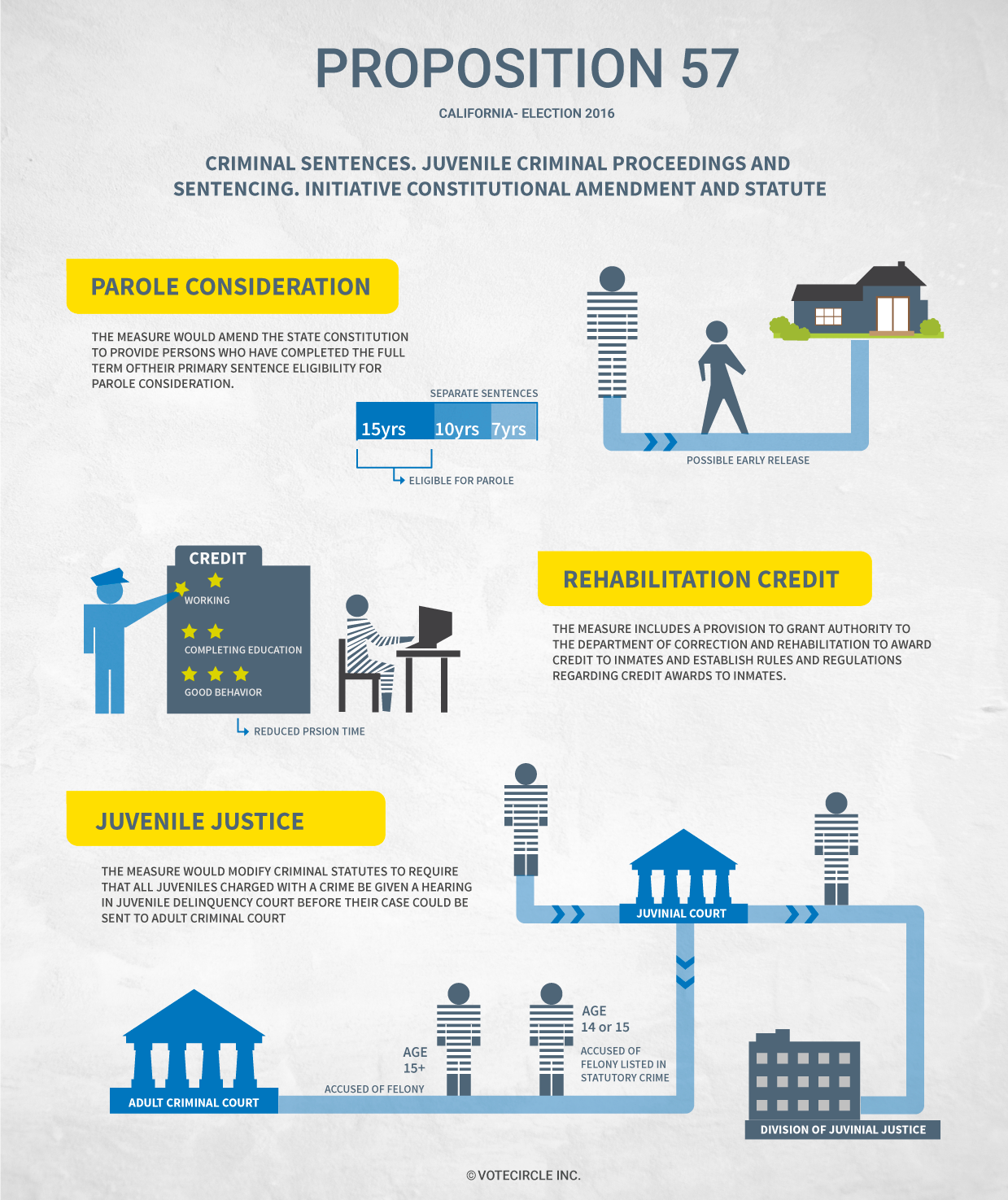
Senator Scott Wiener. (Photo: Kevin Sanders for California Globe)
As Housing Bills Collapse, Talk of Ballot Initiative Grows Louder
Gov convenes emergency ideas summit as Portantino maneuvers to block reform
By Ken Kurson, November 21, 2019 2:15 am

Governor Newsom has deemed California’s housing shortage to be a top priority. Last week, he convened the heads of more than a dozen top California-based companies to bring the private sector to the table in search of solutions to a problem that affects their growth as much as the rest of the state.
Using a guest list put together by his senior advisor Kathleen Kelly Janus, the governor welcomed a murderer’s row of California business titans: Google CEO Sundar Pichai, Facebook CFO David Wehner, Pinterest Co-Founder/CEO Benjamin Silbermann, Sequoia Capital Chairman Michael Moritz, Minted Founder and CEO Marian Naficy, LinkedIn CEO Jeff Weiner, Blue Shield of California CEO Paul Markovich, United Airlines CEO Oscar Munoz, CEO Brad Garlinghouse and Chairman Chris Larsen from Ripple, Splunk President of Worldwide Field Operations Susan St. Ledger, Tanium Co-Founder and CEO Orion Hindawi, Stripe CEO Patrick Collison, Western Digital CEO Steve Milligan, Zoom CEO Eric Yuan and SV Angel Founder Ron Conway. And because California, community-based organizations were also represented, including the San Francisco Foundation, Tipping Point Community, All Home, Silicon Valley Community Foundation, Destination Home and the SF Housing Accelerator Fund.
The meeting took place Thursday in Mountain View at the HQ of Silicon Valley Community Foundation. It comes on the heels of high-profile commitments totaling $5 billion from Apple, Google, and Facebook “to combat the housing crisis in California.”

The Governor has said that “addressing the housing affordability crisis” is a major priority and last month he signed 18 bills into law that address various housing issues, including SB 330, which tweaks local barriers to housing construction and supposedly speeds up new development. He also signed AB 1482, which created a statewide rent cap and eviction protections. Some think that lowering the profit potential of landlords actually disincentivizes builders to invest in new housing.
But what all sides at the meeting seemed to acknowledge is that the bill that would have the single biggest impact on curing the state’s housing crisis is dangerously close to dying as its legislative opponents run out the clock.
Sen. Scott Wiener’s SB 50 would permit larger and denser housing near transit hubs, even in residential areas. Its passage would severely curtail the NIMBY-fueled ability of local governments to reject housing that met certain conditions that the state government imposed.
Sen. Portantino Pumps Brakes on Housing Reform
With Democrats expected to follow the lead of a governor who’d declared affordable housing a priority, some Capitol watchers were surprised when Sen. Anthony Portantino (D-25), the powerful chairman of the Senate Appropriations Committee, came out against SB 50.
A source who attended the governor’s Thursday meeting of CEOs told the California Globe the governor’s “political people” think that Portantino has declined to put forward SB 50 on behalf of many Democrats who don’t want to publicly oppose the governor’s priority but who fear local retribution if they support an unpopular bill.

Where this gets complicated is that Portantino himself faced a surprisingly robust primary. In a five-candidate race, Portantino only notched 26.82% of the vote, despite having basically campaigned for the job from the moment Carol Liu was re-elected to what would be her final Senate term because of term limits. A relative newcomer, Katherine Perez-Estolano, got 14.37%, and the source at the governor’s meeting indicated to the Globe that a strong, well-funded challenger from the left could seriously threaten Portantino if he can be cast as a protector of the failing status quo who opposes affordable housing for middle income Californians.
A source who attended the sit-down with the governor but insisted on anonymity to discuss a private meeting said that the possibility of a well-funded challenger for Portantino was raised. “That actually came up in the governor’s meeting. The governor started cracking up and said, ‘Oh we’re already going there.’” At least one of the attendees volunteered to fund a primary challenge to Portantino if he or she perceives the Senator to continue being the key roadblock to SB 50.
A second source went into some detail about the dynamic in the room.
“Collison was pontificating, and I use that word advisedly because he was addressing a lot of smart people in the room. But what he said was worthy of this very august group. Basically he said, ‘I’m from Ireland and I’ve only been here five years. But my general view is that we shouldn’t be surprised. We created a series of laws that outlaw increased housing.’ To Collison’s credit, he had a bunch of data and had clearly prepared for the meeting. He continued, ‘Over the last 40 years, the supply of housing in California has grown by 0.9%. By contrast, in Tokyo and Austin, it’s grown by much more’ and he cited the exact greater percentages. One of his specific points is he said the United States was in World War II for 3.8 years and it takes on average in California 3.6 years to get the approvals and permits needed to create a development. His point is that we are the victims of our own rules and if we want to solve the housing problem, we have to change the fucking rules.”
One of the sources offered another observation, again about Collison, and this source also described the Stripe founder as informed and passionate.
“He was the least well-dressed person in the room by an order of magnitude. And he slouched at the table, whereas all the other attendees were essentially standing at attention with the governor in the room.”
Is an initiative on the horizon?
A final intriguing development from the meeting occurred in the form these things always take when rich Californians don’t like what they’re seeing: initiative. At least two meeting attendees characterized the housing situation as so grave and painted the political opposition as so unreasonable that they claimed a personal willingness to provide substantial funding for an initiative that accomplishes what the stalled SB 50 looks ready failed to do. That would surely lead to an expensive fight, as the unlikely alliance of developers and progressives faces off against a consortium of mostly liberal town leaders throughout the state.
Sen. Wiener declined to take a shot at his fellow Democratic senator or anyone else regarding the slow-rolling of his bill. “We will not be commenting at this time,” his Communications Director Victor Ruiz-Cornejo told the Globe.
Three calls and three emails to Sen. Portantino went unreturned by the senator and his staff. His aide Ben Edelstein was “in a meeting” during each call and failed to reply to email even to say “no comment.” One can only hope that the taxpayers of Sen. Portantino’s district in and around Los Angeles receive more timely and respectful responses to their inquiries than do the free press.
- Democrats in Tied San Jose Congressional Election Try to Stop the Recount - April 19, 2024
- Anatomy of a Smear - March 21, 2024
- Reid Hoffman Channels Sam Bankman-Fried - January 9, 2024





Deport the ten million illegal invaders and California housing would be inexpensive.
I did my part to help CA. I moved out in 1997. Best decision I ever made.
how is housing a “right”. if you want govt to provide housing (still a bad idea) go for it – but DO NOT impose restrictions on those of us who worked our asses off, saved our money and bought property.
SB50 and the three ADU bills scheduled to take effect in a couple of months don’t address the greatest issue in California: Affordable housing. Instead, all that these do is facilitate the task of corporate developers to build more market rate and luxury housing. In fact they make it simpler to exacerbate gentrification. Does increasing housing availability increase the affordability of housing? Only if one subscribes to the Trickle Down Theory of economics as applied to housing. News flash, trickle down does not and has never worked for economics and certainly won’t work for housing. But follow the money. Who finances the campaigns of the politicians like Senator “SB50” Wiener? Corporate developers.
NIMBYs like to cite how Weiner historically got big donation from
developers, trying to imply that rich corporate executives and developers
wrote SB 50 in their favor, which is a standard NIMBY scare tactic, to
protect the high land/rent prices of the filthy rich NIMBY home owners who
immorally ban apartments and renters from their backyards. While benefiting
his developer donors arguably might have been what he was trying in his
killed SB 827, that is certainly no longer true in the twice amended SB 50,
which is now been amended to address all opposition issues, except, of
course, the obstructionist NIMBYs who profit off of and caused this housing
crisis. The current SB 50 is not clearly in anyone’s favor, except it was
recently amended to let small city NIMBYs off the hook to get broader
support.
That is, do we really believe that RE developers want 15-25% inclusionary
affordability requirements, demolition protections, banning development if
building has had any renter for past 7 years, excluding poor communities,
etc., etc., all of which SB 50 requires/provides. I mean, SB 50 even
protect the future potential of existing rental stock being removed by
stating it cannot used if there were any rentals on the property for 10
years prior to the proposed project.
It is ludicrous to think this was not a carefully negotiated approach by all
equity, business, and developer stakeholders, except of course, the filthy
land rich single family NIMBY home owners that caused this horrible
housing/homelessness humanitarian disaster in LA and SF Bay Area.
SB 50, unlike the killed SB 827, was a product of extensive negotiations by
all parties at the table. Just like the CASA compact, which rich old NIMBY
single family homeowners (who created the CA housing/homelessness crisis)
also are rabid against, but the young and renters (who are getting crushed
and spit out of CA) strongly support it.
64% of LA voters supported measure jjj transit oriented communities, which
is pretty much like SB 50. So, obviously, the will of the people is to
upzone around transit. So, why do NIMBYs pretend that anyone but NIMBY
homeowners are dead set against SB 50 thinking it is bad for LA???
Moreover, to show how inept cities are at producing housing, even w/ JJJ, LA
cannot get those project build b/c they need a state-level law, like SB 50,
to empower the city to implement JJJ over competing State level land uses.
LA actually wants and needs SB 50! But for the very vocal minority of
NIMBYs, LA and SF Bay Area (and rest of CA) would be making much more
affordable housing production progress.
NIMBYs also like to cite how Weiner’s home town is even against SB
50, which is not true. In fact, the is opposite is true, because in SF, a
recent poll found that 70+% of voters support SB 50. Yet, SF city
supervisors made a near unanimous resolution against SB 50 , just like LA
and long beach more recently did. More broadly in CA Bay Area, a recent
poll found that 60% of renters support SB 50 to build apartments and more
affordable housing, and 60% of homeowners (NIMBYs) are against SB 50. This
is also true in LA where 64% of LA voters supported measure jjj transit
oriented communities, which is pretty much like SB 50, and the high support
in SF. Similarly, a recent poll also found ~60 percent of Californians
support SB 50. So, we can safely say with multiple, strong lines of evidence
that at least ~60 percent of Californians favor Wiener’s SB 50. Thus, the
primary opposition is the vocal minority of NIMBY single family home owners
who have near 100% control of their city council/supervisor elected
officials because renters simply DO NOT VOTE.
So, do NIMBYs really think SF voters, LA voters, and CA voters are all
heavily pro making developers rich, or maybe we, the majority, are pro
getting more affordable apartments into (immorally) single family zoned
areas by mass transit or job centers? NIMBYs clearly are voting to enrich
their pockets and perpetuate the exclusionary/elitist stranglehold they
wrongfully got over our big urban cities, while the rest of average,
non-land rich, Californian’s got pushed out into the streets to die, into
the fire zones to die, and into life crushing commutes to kill their and
family’s quality of lives while destroying the environment w/ massive more
GHG, all to preserve the NIMBY prissy ‘neighborhood character and quality of
life”. NIMBYs are the height of selfishness and careless disregard for the
wide-scale human suffering they caused and are causing….
Support for the polls I reference above:
https://norcalpublicmedia.org/v (see this great program on how CASA compact
was reached, at 5 min.)
https://sf.curbed.com/2019/4/11/18306753/poll-wiener-transit-housing-sb-50-c
alifornia-housing
https://www.bisnow.com/los-angeles/news/multifamily/las-toc-program-will-be-
a-win-win-for-developers-and-community-88369
Wow, get a grip and deal with your deep-seated envy. You need to get back on your meds my man.
SB 50 takes away the rights of local citizens to have input on zoning and land use. You guys know how unpopular your positions are so you have to take away the ability of voters at the local level to hold politicians accountable.
SB 50 is the tool of big real estate developers and funded almost exclusively by Big Tech. These interests just want to foist bad projects on unwilling neighborhoods without having any accountability to local residents. You people are just tools!